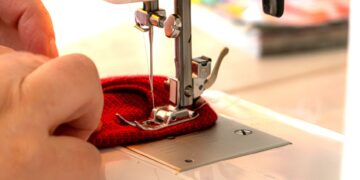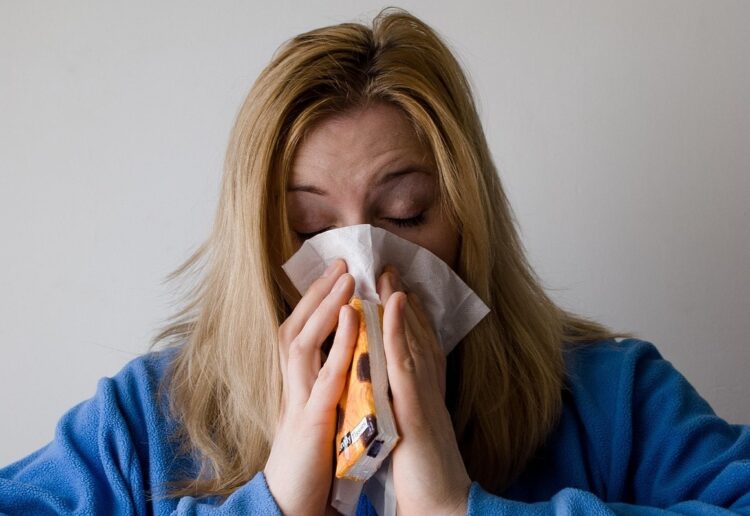Residents in Berkshire are being warned about hay fever with the pollen count expected to be ‘very high’ for the next five days.
With the sunny weather set to continue across the next week, excerpts have warned that these are ‘ideal conditions’ for trees to distribute their pollen and that we are very much in ‘peak tree pollen season’.
Max Wiseberg, creator of HayMax allergen barrier balm said: “Birch pollen is the main culprit. Birch is the most common tree pollen allergen.
“The pollen count is measured according to the number of pollen grains per cubic metre of air.”
“The pollen count forecast can help you to judge if your hay fever symptoms will be particularly severe on any given day. As a general guide, the pollen count tends to be lower on rainy days and higher when it’s hot and sunny.
“When pollen counts are very high, some people find that nothing works for their hay fever, or that what used to work stops working. There are many products available for hay fever sufferers.
“The interesting thing about this is that many of these remedies can be complementary to each other. So if one helps, but doesn’t do the whole job, you may be able to try other remedies at the same time and get a better result. “In other words, you can create your own ‘Hay Fever First Aid Kit’.
“But there are rules: never take two anti-histamines together, never take two steroid nasal sprays together, and consult your pharmacist or doctor if you are already taking any other medication, you are pregnant or breast-feeding, or if the sufferer is a child.”
“Pharmaceutical remedies are generally based on either anti-histamines or steroid nasal sprays, whilst natural remedies are based on physical preventative measures, immune boosters or natural antihistamines. I suggest that your ideal hay fever first aid kit will consist of an organic drug-free allergen barrier balm, one or more other natural products, only one antihistamine, only one nasal spray and eye drops.”

















































